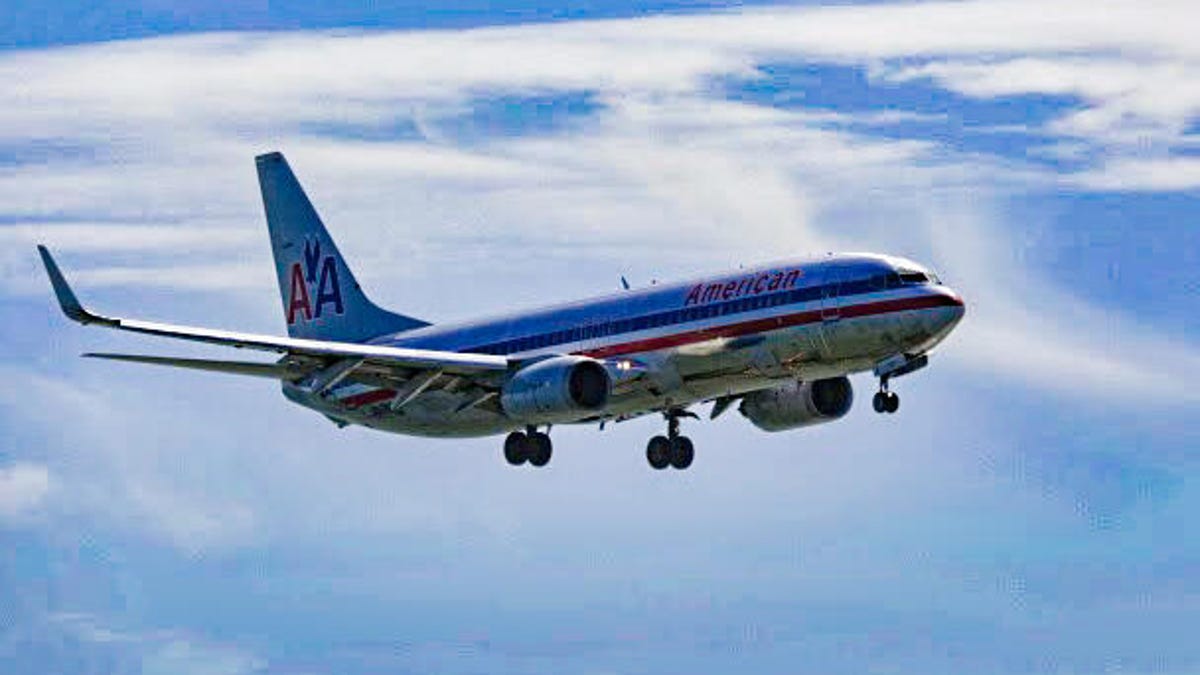US travel restrictions lifted for fully vaccinated visitors: Rules and exceptions to know
Visitors to the US from other countries can now enter, but there are requirements to know, whether you're the traveler or hosting family and friends. Learn the details for kids, people who have recovered from COVID-19 and more.

International travelers can now enter the US as long as they're fully vaccinated.
The US lifted some travel restrictions on Monday, allowing international travelers from 33 countries to enter the US as long as they're fully vaccinated. There are also details to know for travelers with young children, people who have recently recovered from COVID-19 and exceptions to the vaccination rules.
It's been nearly two years since the travel bans were put in place by the Trump administration with the goal of checking the spread of COVID-19 as the coronavirus pandemic took hold across the US and other countries. Until now, air travel to the US was banned for 33 countries, including China, India and a good portion of Europe, as well as land entry from Canada and Mexico.
President Joe Biden lifted the restrictions with a proclamation he signed on Oct. 25 to revoke the suspensions and limitations on entry into the US. The new rules apply to non-US citizens entering the country by flight, not US citizens, US nationals, lawful permanent residents or immigrants -- we have more details below.
Here's what you need to know about the vaccination requirements and exceptions. Also, here's everything you need to know about the current state of the vaccine mandate and everyone who's required to get the COVID vaccination shot.
Travelers must show proof of COVID vaccination
Before international travelers can board a flight to the US, they must show proof that they've been fully vaccinated against the coronavirus -- unless they meet the criteria for one of the exceptions below.
Proof of vaccination can be a digital or paper copy, and must include the person's full name and date of birth or passport number. It should also have the name of the provider who issued the vaccination, the brand given and the date. See below for which brands are accepted.
In addition, those flying into the US must also present a negative COVID-19 test, taken within three to five days of flying.
Details for people who recently recovered from COVID-19
If someone has recently recovered from COVID-19 -- within the last 90 days -- they are not required to take a COVID-19 test. However, they'll need to present documentation showing they've fully recovered.
Can unvaccinated kids travel to the US?
All kids 2 years and older are required to show negative COVID-19 results or documents showing they've recovered from the coronavirus before boarding a flight to the US. Kids below the age of 18 aren't required to be fully vaccinated to enter the US by plane.
Note that in the US, all kids 5 years and older are now eligible to get the Pfizer COVID-19 vaccine.
Which vaccine brands are accepted?
Vaccines approved by the Food and Drug Administration are accepted -- that includes Pfizer, Moderna and Johnson & Johnson. Other vaccines listed for emergency use by the World Health Organization are also approved, such as AstraZeneca, Covaxin, Covishield, Sinovac and BIBP/Sinopharm.
Pfizer, Moderna and Johnson & Johnson are among the vaccine brands accepted.
Are there any exceptions to the COVID vaccination travel rule?
There are exceptions for certain people traveling to the US, according to the CDC.
- People on diplomatic or official foreign government travel.
- Children 17 and younger (see above).
- People with a documented medical condition that would not allow them to receive a COVID-19 vaccine -- a letter from a licensed physician is needed.
- Those participating in COVID-19 vaccine trials -- it must be one of the accepted brands above.
- People issued a humanitarian or emergency exception.
- People with valid visas who are citizens of a foreign country with limited COVID-19 vaccine availability.
- Members of the US Armed Forces or their spouses or children younger than 18 years old.
- Sea crew members traveling with a C-1 and D nonimmigrant visa.
- People whose entry would be in the national interest, as determined by the secretaries of state, transportation or homeland security.
Religious reasons or other moral convictions are not exemptions under the proclamation.
For more information, here's how to store your COVID-19 vaccine card on your phone. Also, here's how to make a COVID-19 vaccine appointment and what to know about mixing and matching booster shots.

